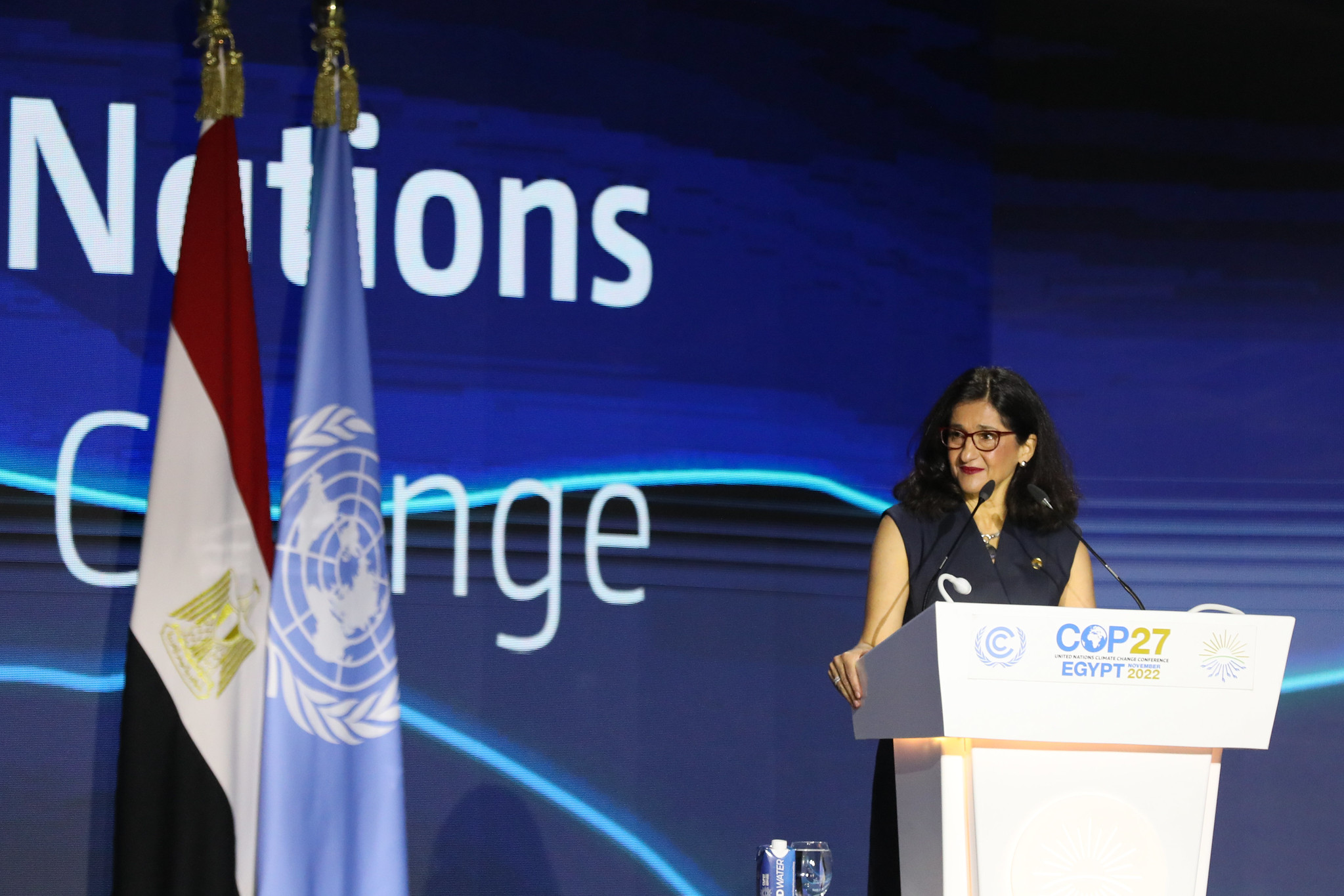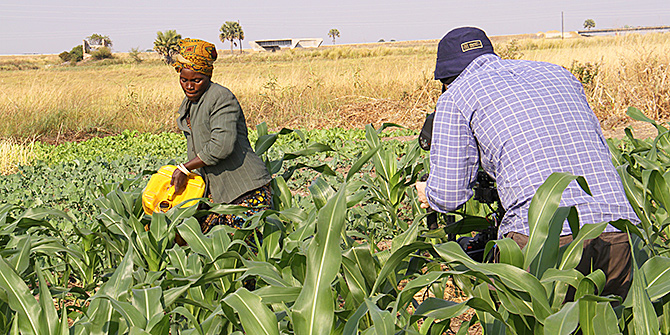The negative effects of climate change in Africa have become so severe in the recent past that they cannot be left to individual countries. Governments are uniquely positioned to orchestrate the type of multidimensional response required to tackle climate change, but Raphael Obonyo argues that government alone cannot achieve the climate goals. A collaborative approach is what the continent needs.
The Intergovernmental Panel on Climate Change (IPCC) report, released recently, gave a dire warning about the consequences of inaction. It shows that climate change is a grave and mounting threat to our well-being and a healthy planet. Our actions today will shape how people adapt and how nature responds to increasing climate risks.
As one of the world’s most vulnerable regions to climate change, Africa must strategically engage in securing a mutually beneficial deal with the rest of the world that will deliver the much-needed support to enable its people to adapt to the negative effects of climate change.
By creating the largest free trade area in 2021, the continent has shown its zeal and capacity to unite for a common good. Such partnerships can incorporate additional measures, for instance, to reduce greenhouse gas emissions – a big culprit of climate change, by embracing modern techniques of moving goods across borders.
However, the success of such initiatives will require a well-coordinated strategy to pull together the enormous resources needed to tackle the problem. The African Development Bank (AfDB) puts a rough estimate of between $20-30 billion that will be required per year for climate change adaptation in Africa until 2030.
If well organised, the continent can significantly benefit from the initiatives being canvassed globally to mitigate the effects of climate change. One such event is the United Nations Climate Change Conference (COP27) happening in Egypt, Sharm El-Sheikh, in November 2022, which has brought various actors to a roundtable discussion. The forum is dubbed ‘implementation conference-moving from promises and talk to action.’
There is also the Paris Agreement, a legally binding international treaty on climate change. It was adopted by 196 Parties at COP21 in Paris on 12 December 2015 and entered into force on 4 November 2016. The Paris Agreement requires developed countries-parties to provide financial resources to help developing countries regarding both mitigation and adaptation measures.
Most African states have weak economies that have failed them in prioritising issues related to climate change, making it the biggest threat to the attainment of Sustainable Development Goals in Africa. For instance, although Kenya has made baby steps by creating the National Climate Change Action Plan 2018-2022, coordinated by three ministries, the initiative faces several challenges.
There is still a need to bring on board all the stakeholders, both in the private and public sectors. Budgetary allocations are not commensurate with the gravity of the problem, and even more important is the creation of a national psyche among communities that they, too, have responsibilities for mitigating and adapting to climate change.
Scientists have long noted that countries in Africa have contributed the least to greenhouse gas emissions, yet climate change threatens to expose up to 118 million of the poorest Africans to droughts, floods and extreme heat by 2030. Today, the continent has already experienced widespread losses and damages due to climate change, including loss of lives and biodiversity, water shortages, and reduced food production and economic growth.
Drought in East Africa has worsened following consecutive failed rainy seasons combined. The situation is worsening this year – especially in Ethiopia, Somalia and parts of Kenya. Southern Madagascar is also suffering from acute drought.
Severe floods have affected South Sudan, Nigeria, the Republic of Congo, DRC and Burundi. South Sudan recorded the third straight year of extreme floods leading to elevated water levels in lakes and rivers.
Many parts of Northern Africa have continued to experience extreme heat, especially in Tunisia, Algeria, Morocco and Libya. This is accompanied by wildfires, sand and dust storms, which are a recurring problem.
As Climate Change is one of the greatest challenges facing the world, with Africa already experiencing some of the most severe impacts, the continent’s leaders must be proactive and take decisive measures.
Noteworthy, governments are uniquely positioned to catalyse and orchestrate the type of multidimensional response required to tackle climate change – reduce emissions and ensure transitioning to green economies. However, government alone cannot achieve the climate goals.
Partnerships, both intragovernmental and public and private, are important. The private sector is a critical partner to the government in delivering development cooperation on environmental issues, and their contribution is essential in closing the emissions gap and transitioning to a green economy.
A major public education program is required. Climate change should be taught at schools or at least incorporated significantly into the curriculum.
The media, too, can play a role in shaping public opinion on climate change and environmental protection.
Excuses for inaction should not be a choice. Investment into countering climate change is too vital and cannot be put to wait for another day.
As the UN Secretary-General Antonio Guterres said, “We have a choice. Collective action or collective suicide. It is in our hands.”
Photo: SBSTA Opening Plenary-COP27. Credit: UNclimatechange. Licensed under CC BY-NC-SA 2.0






Keep up the stellar work!!
Insightful piece
Raphael Obonyo has written an insightful article on the role that African leaders must play in combating climate change.
I agree with Obonyo that government alone cannot achieve the climate goals and that partnerships are important.
The private sector is a critical partner to the government in delivering development cooperation on environmental issues
I think a major public education program is required. Climate change should be taught at schools or at least incorporated significantly into the curriculum.
The media, too, can play a role in shaping public opinion on climate change and environmental protection. I believe excuses for inaction should not be a choice.
Investment into countering climate change is too vital and cannot be put to wait for another day.
As the UN Secretary-General Antonio Guterres said, “We have a choice. Collective action or collective suicide. It is in our hands.” I think this is a very powerful statement and I believe African leaders need to take heed of it.
I believe Obonyo makes some valid points about the steps that need to be taken in order to combat climate change.
I would like to see more African leaders taking these steps and working together to combat climate change.
Thank you for sharing this article.
The region is already feeling the effects of climate change disproportionately.
Keep up the stellar work..
Nice blog ^_^